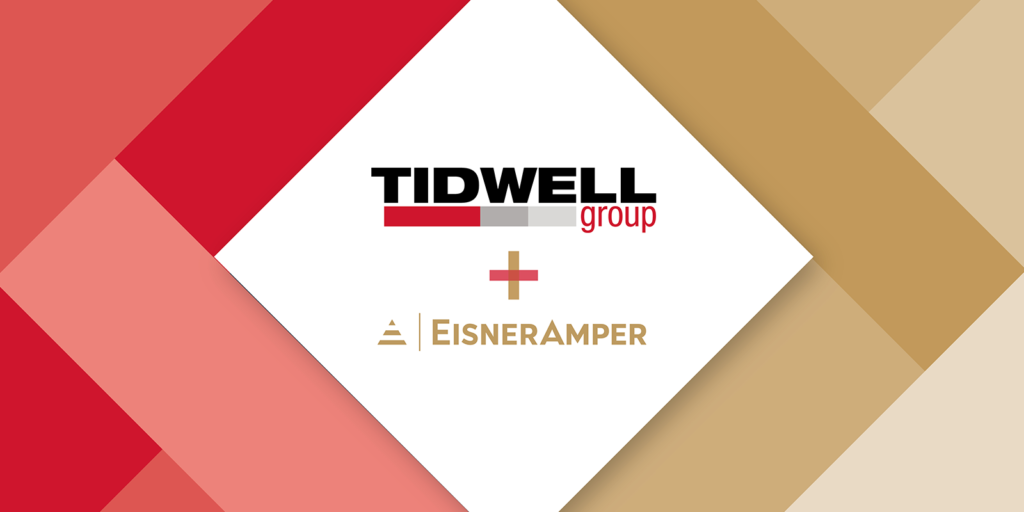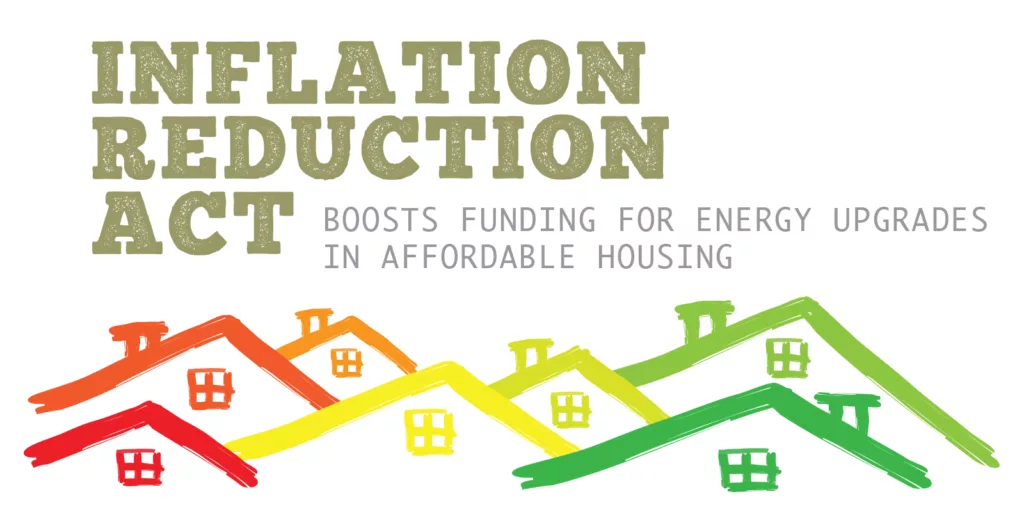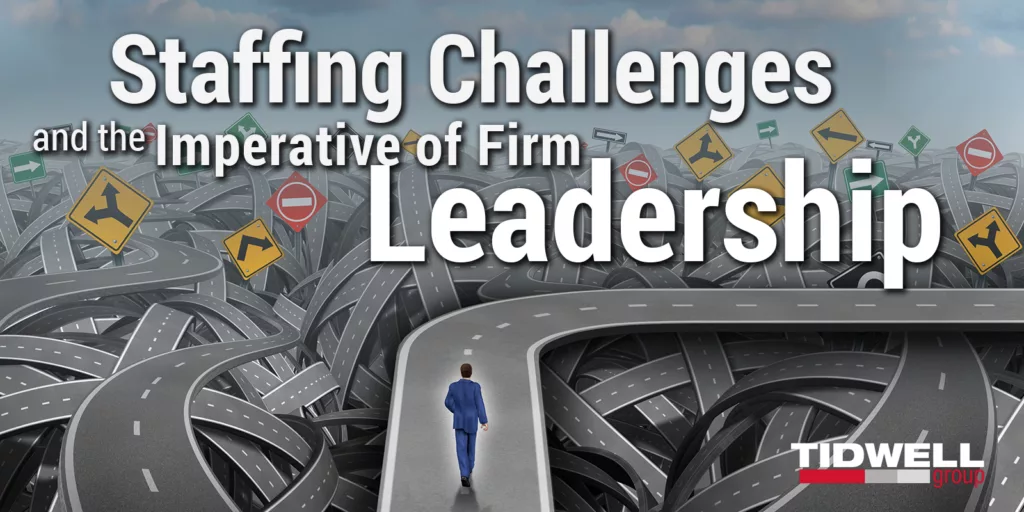By: Kevin E. Allmandinger, CPA and Bart W. Parry, CPA
With heightened accountability and state agencies increasing oversight in an effort to mitigate fraud risk, General Contractor Cost Certifications (GCCCs) for low-income housing projects are becoming increasingly important. General contractors must contend with inaccurate or incomplete accounting records, unpleasant and avoidable fire drills, and extra costs if they do not properly execute on General Contractor Cost Certifications. Given that GCCC requirements are relatively new, many contractors are not aware of the rules and nuances that, if not understood, could lead to significant problems. Tidwell Group’s depth of industry experience in completing GCCCs for state agencies and HUD, allow us to help our clients navigate this complex regulatory environment. In order to optimize effort and manage time effectively, it is important that general contractors understand the key factors that lead to successful completion of a GCCC.
Know the Rules
Understanding the rules is important in any endeavor. Simply suiting up and playing a sport without the requisite knowledge of the rules of the game can lead to ineffective strategies and, ultimately, a lack of success – the same holds true for low-income housing GCCCs. The following requirements are unique to almost every state:
- Guide of GCCC testing and reporting requirements
- Forms that are required for reporting the costs certified
- Calculation of total certifiable costs, including calculations for determining the proper amount of overhead, profit, and general requirements that would be allowed.
Accordingly, contractors in the low-income housing space may be very familiar with the GCCC rules for the state of Georgia, but unfamiliar with the unique rules of Florida or Ohio. Researching and understanding the differences between state agencies is key to a successful GCCC.
Clear Bookkeeping
While accountants focus on the accounting of a project, the most common challenges encountered on GCCCs are related to inaccurate, incomplete, or unclear bookkeeping. Bookkeeping problems can be the most pervasive and daunting issues to contend with. For example, many states publish reporting templates into which certified costs must fit. Most of these state templates require the costs to be organized by cost code and vendor. In addition, these costs must be categorized by cost types including amenities, new construction, rehabilitation and accessory structures. Some templates also require segregating sub-contracted costs/contracted costs from material costs. Most states also require auditors to confirm the costs incurred by vendors and vouch invoices for individual vendors. Contractors who clearly delineate specific costs in their bookkeeping system using cost codes that are similar to that of both state agencies and industry standards, improve the accuracy of their GCCC applications. Likewise, an ability to clearly separate amenity/accessory structure costs from the other costs of construction, contributes to the accuracy of the applications. The first items requested by auditors when completing a GCCC are job cost reports by vendor (preferably in Excel format) and vendor contact listings (so that confirmations can be distributed). Having these items readily accessible for the auditor nearly guarantees a successful GCCC.
Early Auditor Involvement
Clearly, the most significant delays associated with delivering the required report to the state agency occur when the work starts well behind schedule. Many clients come to Tidwell Group needing a GCCC after being informed by the state agency that it was required after the preparation of the tax credit cost certification. This notification by the state agency results in an immediate cascade of critical steps for everyone involved. At Tidwell Group, we prefer a proactive approach that allows us to become involved as early as possible in the process. This more timely involvement allows us to help the contractor and owner understand:
- State reporting and testing requirements
- Items necessary to complete the certification; and
- Consult with them on how to address any unusual issues that may arise.
In general, when construction is approximately 95% complete, the audit work can begin. This helps expedite the completion of the cost certification once substantial completion is achieved.
In summary, a successful GCCC begins long before the draft report is issued. Success begins with understanding the rules of the game, having clear and accurate recordkeeping, and involving the auditors early and throughout the process. Contractors and owners work hard to produce a successful LIHTC property. Accordingly, it is critical to take the appropriate measures to ensure that the final steps in the process are not impeded by a lack of knowledge of the requirements or poor record keeping. The experts at Tidwell Group are here to ensure that your next GCCC is executed successfully.
If you have questions or need assistance with Low Income Housing Tax Credits, please contact Kevin Allmandinger or Bart Parry.












